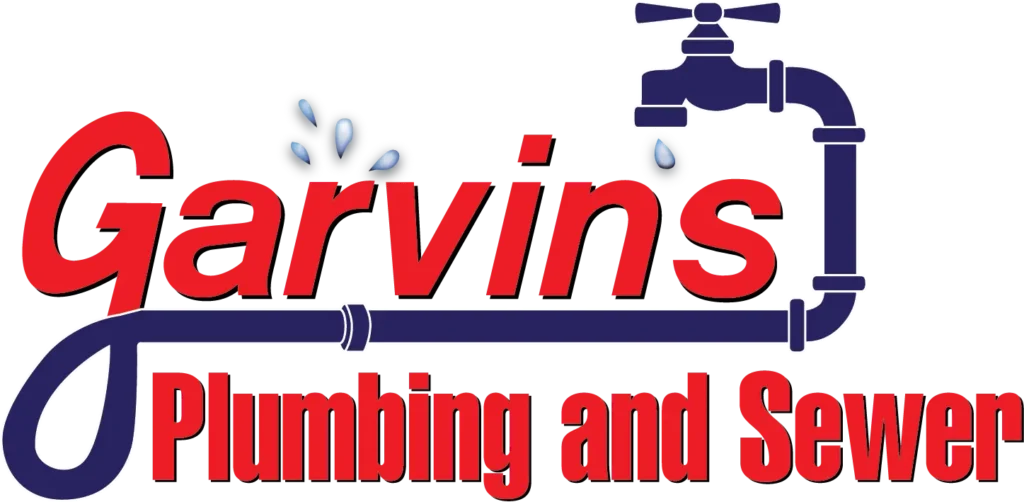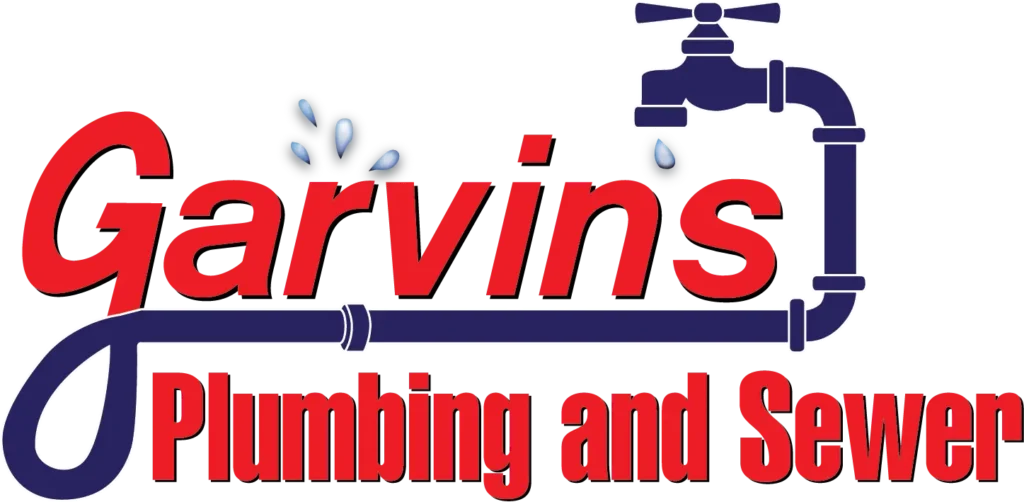
Garvin's Sewer Service
Signs Your Water Heater is Going Bad
It’s the height of summer, and with the heat we try to think cool. Cool rooms, cool drinks, cool showers…they all help…

Backed Up Drains
Why Do My Drains Back Up After It Rains?
Believe it or not, Colorado gets a lot of rain in the spring and early summer, and for some homeowners, this means…

Garvin's Sewer Service
Does hot weather affect your plumbing?
Oh, yes. It does. Mother Nature’s frigid fingers can cause pipes to burst during our cold winter months in Colorado. But, did…

DIY Plumbing
Don’t forget these outdoor plumbing tips as you tip-toe through the tulips
“Those were the best days of my life…” ~Bryan Adams Barbecues. Belly flops into the pool. Frisbee golf. “My…

Emergency plumber
What’s the Best Water Heater?
Is it time to replace your old water heater? Or maybe you are doing research because you are ready to upgrade? Either…

DIY Plumbing
Tools To Keep On Hand For Basic Plumbing Repair In Denver
From drain clogs in Englewood to plumbing repair in Denver, Garvin’s Sewer Service is your trusted partner for anything that clogs, leaks,…

Clogged Drain
How To Find Water Leaks Inside a Wall: Tips for Denver, CO Residents
A water leak can cause a lot of expensive damage. Worse yet, a hidden water leak inside your walls could go undetected…

Clogged Drain
5 Toilet Troubles and Their Fixes
Last week we received a few calls about toilet troubles, and I wanted to address some of them here for all of…

Emergency plumber
How to Check if Your Toilet Tank is Leaking
While Americans use a lot of water every day for drinking and watering flowers and taking showers, a little over a quarter…

Common Plumbing Issues
Don’t Let Your Bathroom’s Leak Play Hide-and-Seek
When the original plumbing was installed in your home, fittings, pipes, and hardware were meant to work for decades, but anyone who…

Common Plumbing Issues
Common Causes of Plumbing Leaks
It’s never a good thing to discover that you’ve got a leak somewhere in your home, and while the professionals at Garvin’s…

Burst Pipes
What to Do If You Have a Burst Pipe
There are few nightmarish homeowner situations worse than a burst pipe. For starters, many people don’t have the first idea what to…




